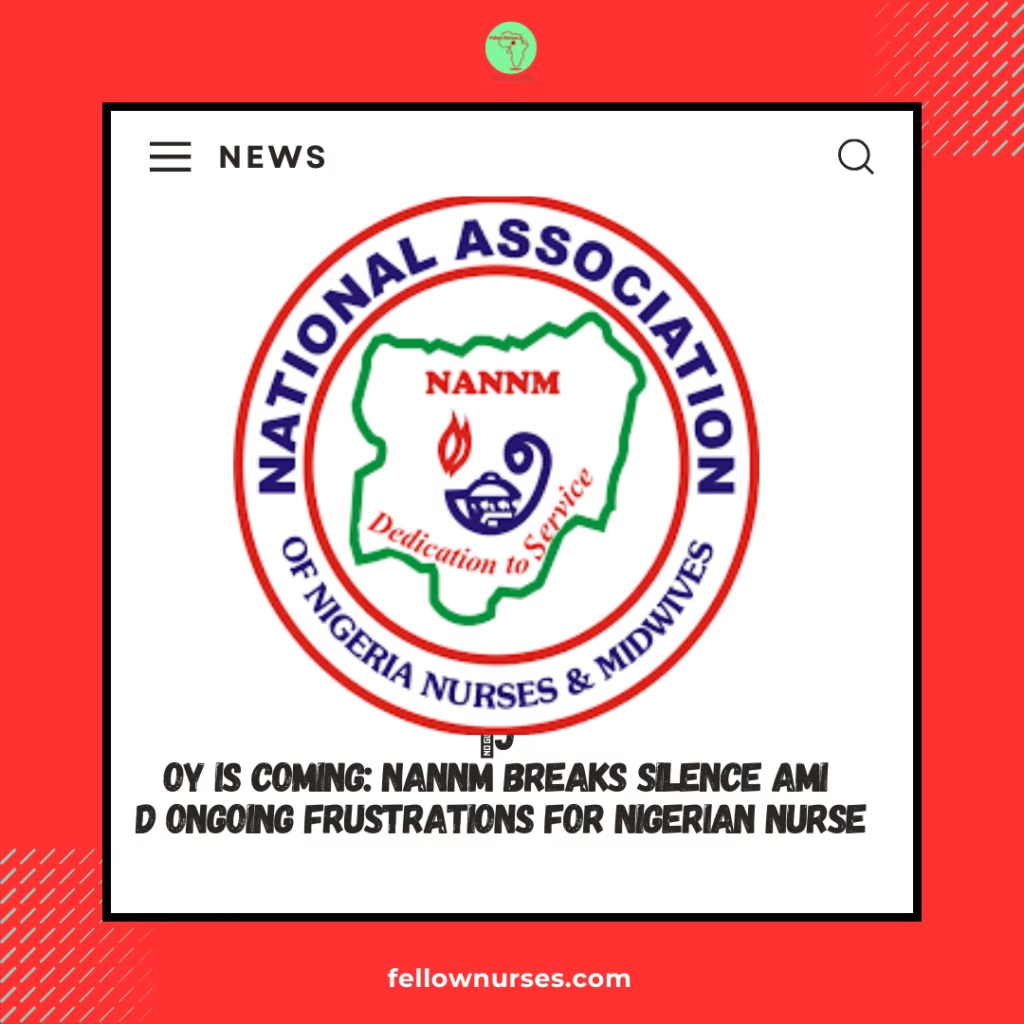
JOY IS COMING: NANNM Breaks Silence Amid Ongoing Frustrations for Nigerian Nurses
Fellow Nurses Africa
October 28, 2025
In a recent statement circulating among healthcare professionals, the National Association of Nigeria Nurses and Midwives (NANNM) has attempted to dispel what it calls “misconceptions” surrounding the payment of peculiar allowances in the Nigerian healthcare sector. The message, by NANNM leadership under Comrade Haruna Mamman, emphasizes the association’s behind-the-scenes efforts through a Collective Bargaining Agreement (CBA) committee, which includes 10 NANNM members. According to the statement, this committee has been “working tirelessly” to resolve issues like allowances, and recent approvals stem from their advocacy—not from threats of industrial action by other groups.
✨ Join Our WhatsApp Channel ✨
The NANNM boasted it was a part of the meeting held yesterday where allowances (both old and new, including percentages) and other “peculiar issues” affecting nurses and midwives were discussed and partially approved. It categorically states that the National Association of Resident Doctors (NARD) is not part of the CBA process, urging members to ignore “name-calling, hate speeches, and abusive words” while welcoming constructive criticism. The report says that “joy is coming” and more allowances are on the horizon, though details remain undisclosed for now.
However, this rare public address from NANNM comes at a time when Nigerian nurses are grappling with deep-seated frustrations, exacerbated by a recent warning strike that many view as largely fruitless. In late July 2025, NANNM initiated a seven-day nationwide strike demanding better pay, improved shift allowances, mass recruitment to address staffing shortages, and the gazetting of an approved scheme of service. The action disrupted public hospitals, leaving patients in distress and highlighting the dire state of healthcare infrastructure. Yet, after just few days, the strike was suspended following negotiations with the federal government, which promised timelines for reforms like a 30% shift duty allowance and 20% specialist allowance for nurses. Critics among nurses argue the suspension was premature, yielding only vague commitments without immediate relief, and reflecting broader issues like poor remuneration, unsafe working environments, and exclusion from pay rises enjoyed by other sectors.
NARD, representing resident doctors, has been vocal about unpaid allowances totaling N38 billion, leading to their announcement of an indefinite nationwide strike starting November 1, 2025, if demands aren’t met. This has prompted swift government responses for medical professionals, while nurses continue to feel sidelined. NANNM’s assertion that their quiet diplomacy is bearing fruit rings hollow to many, especially given the association’s prolonged silence on these matters. Nurses have long criticized NANNM for being “too quiet” and not aggressive enough in advocacy, often leaving members feeling underrepresented amid escalating brain drain and burnout. One can’t help but wonder: if “everything must not be on social media,” as the statement claims, when will visible results speak for themselves?
Despite the mild ridicule from frustrated ranks—who point to NANNM’s subdued approach as falling short of expectations—the association insists its leadership remains undeterred. Nurses are encouraged to “enjoy your peculiar allowance” (though, as clarified, this seems misdirected) and anticipate undisclosed new benefits. As the healthcare sector teeters on the edge of further disruptions, with NARD’s strike looming, the question remains: Will NANNM’s promised “joy” materialize for nurses, or will it be another chapter in the cycle of unmet promises?
We will continue monitoring developments and amplifying voices from the frontlines.
Here’s a polished version of your WhatsApp channel link, styled as a classy CTA you can use across platforms:
✨ Join Our WhatsApp Channel ✨
Fellow Nurses Africa is the independent voice of African nursing, we educate, inform and support nurses across Africa.


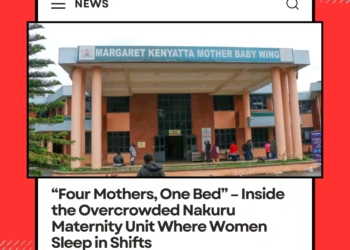
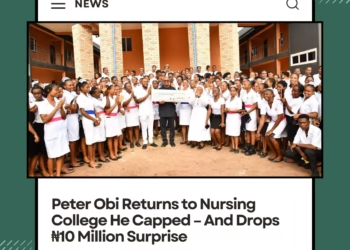

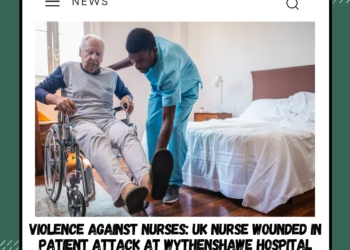

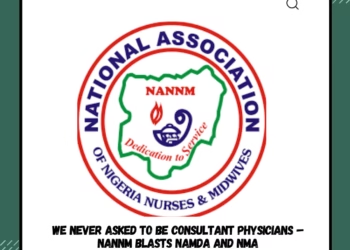
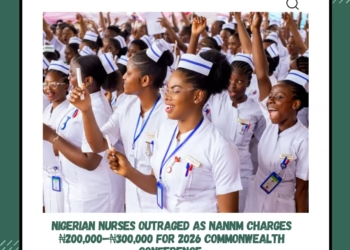


The useless and weakest professional body is NANNM, that’s why most nurses remain poor till they die,with their common slogan ‘Our reward is in heaven ‘,you declared 7 days warning strike and you chose to call it off after 3 days based on empty promises, hitherto nothing has happened and you claim work is going under ground, which work are you doing that can not be felt by your members openly?, may be you’ve been bribed,cos I can’t just comprehend, can’t you learn from doctors?The other time they want on strike they still got some of their demands met yet they didn’t call off,now they’re declaring another one,you’re there claiming work is going under ground, you had better stop deceiving yourselves.